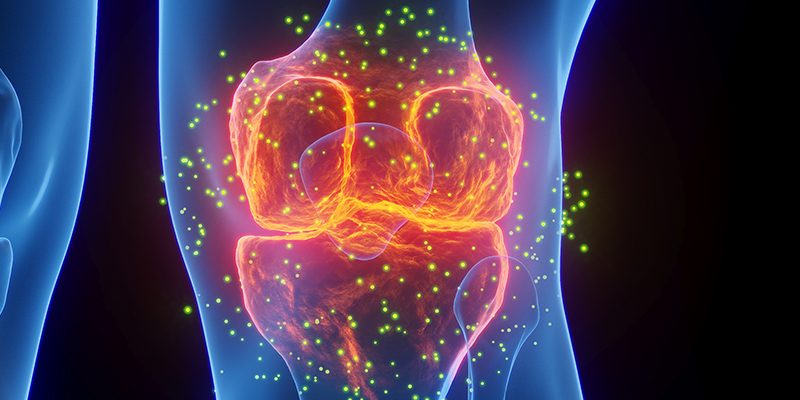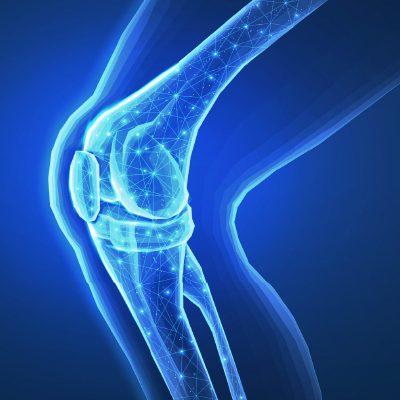The Positive Effects of Sport on Joint Health and Joint Pain
Introduction: Understanding Joint Health
Joints are the central components of the musculoskeletal system, enabling movement throughout the body. With over three hundred joints of various shapes and structures, they are crucial for mobility and overall physical function. Joints can be broadly categorized into two groups: those with joint membranes (synovial joints) and those without them (non-synovial joints). Acknowledging the role of joints and the benefits of physical activity is vital for maintaining joint health and addressing joint pain.
The Functions of Joints
-
Types of Joints:
- Synovial Joints: These include the joints in our arms and legs, characterized by a joint membrane that encloses the joint cavity filled with synovial fluid, which nourishes and lubricates the cartilage.
- Non-Synovial Joints: These joints, like those formed by the intervertebral discs in the spine, bear loads without the same degree of movement. They are primarily composed of fibrous cartilage, providing stability and support.
-
Importance of Joint Structure:
The smooth operation of joints depends on the surrounding muscles and the cartilage that cushions the ends of the bones. This cartilage is composed of cells, water, proteoglycans, and collagen, all supported by a matrix that facilitates smooth joint movement.
The Role of Exercise in Joint Health
Regular movement through physical activities keeps joints healthy and functional. Here’s how exercise positively impacts joint health:
- Enhances Nutritional Distribution:
Since cartilage lacks blood vessels and nerves, it depends on movement for nourishment through a process called diffusion. Regular physical activity promotes this diffusion, ensuring that joints receive essential nutrients. - Strengthens Muscles:
With over six hundred muscles in the body, physical activity enhances muscle strength and endurance. Strong muscles support and stabilize joints, reducing the risk of injury and joint pain. - Improves Flexibility:
Regular movement promotes flexibility in joints, allowing for a greater range of motion and reducing stiffness. Flexibility is crucial for preventing injuries during physical activities.
Recommended Exercises for Joint Health
Certain types of exercise can be particularly beneficial for joint health:
- Walking:
A half-hour brisk walk daily is one of the most ideal forms of exercise. It is low-impact and effective for muscle, bone, joint, and cardiovascular health. Outdoor walking is recommended, ensuring suitable footwear and attire for comfort. - Swimming:
This is another excellent option, as the buoyancy of water reduces stress on joints while providing resistance to enhance muscle strength. - Avoiding High-Impact Sports:
While sports are beneficial, activities that involve contact or high impact can increase the risk of joint injuries. It’s essential to choose low-impact sports that provide joint support without excess trauma.
Benefits of Regular Exercise
Engaging in regular physical activity leads to numerous health benefits, including:
- Physical Health:
Exercise contributes to cardiovascular health, improves respiratory function, and supports musculoskeletal health. - Mental and Emotional Well-Being:
Physical activity has been linked to enhanced mood and reduced symptoms of anxiety and depression, helping to improve overall quality of life.
The Importance of Exercise for Joint Health
In summary, regular physical activity is indispensable for maintaining joint health and managing joint pain. It should be performed consistently and in a manner tailored to individual health needs.
While multivitamins can offer valuable support for overall health, it is essential to recognize that a balanced diet should remain the cornerstone of nutritional well-being. Multivitamins are intended to be a complementary measure and should not be considered a substitute for a diverse and nutritious food intake.
Note: It is strongly advised that individuals consult a healthcare professional prior to initiating any joint and bone health supplement, particularly if they have existing health conditions, are taking prescribed medications, or are pregnant.




